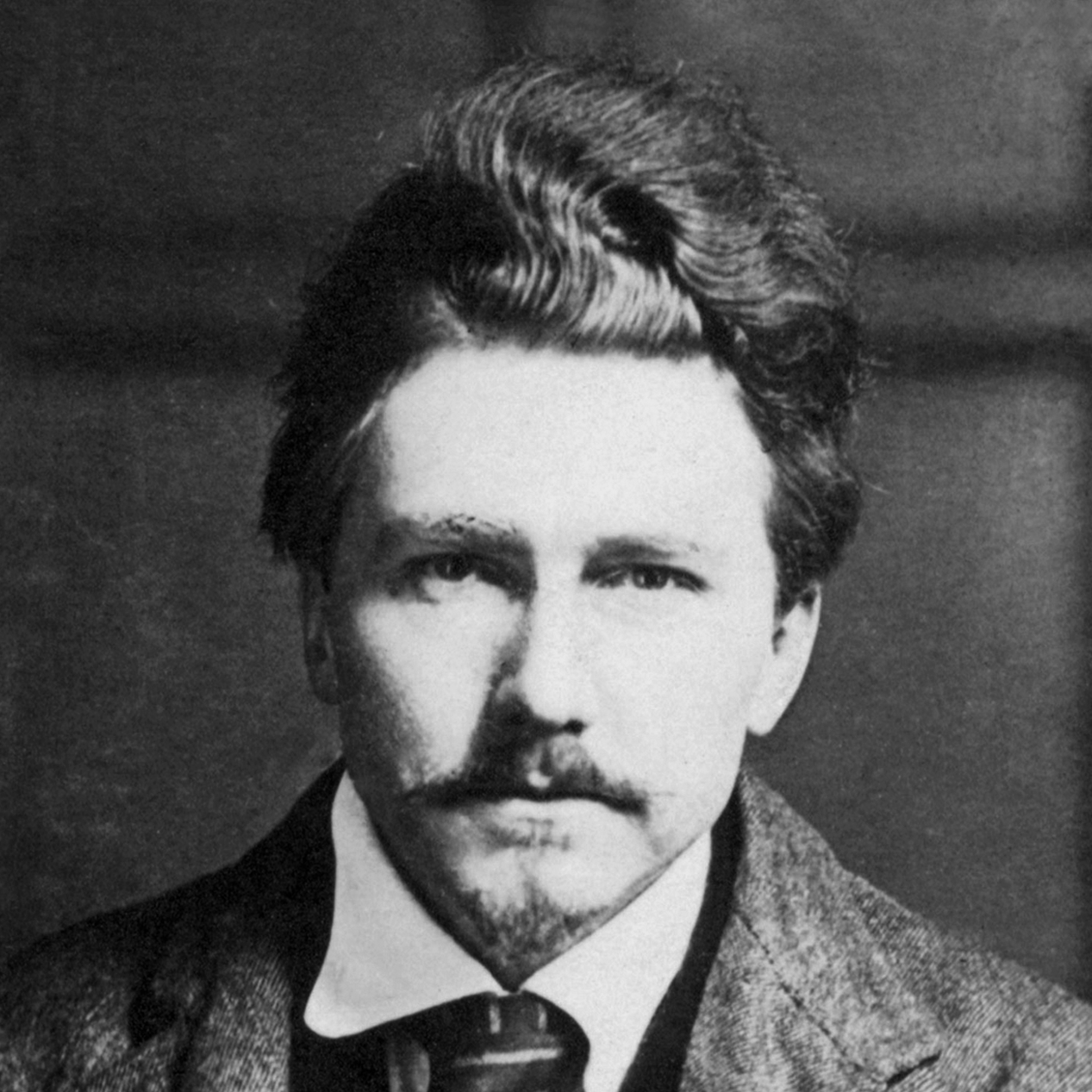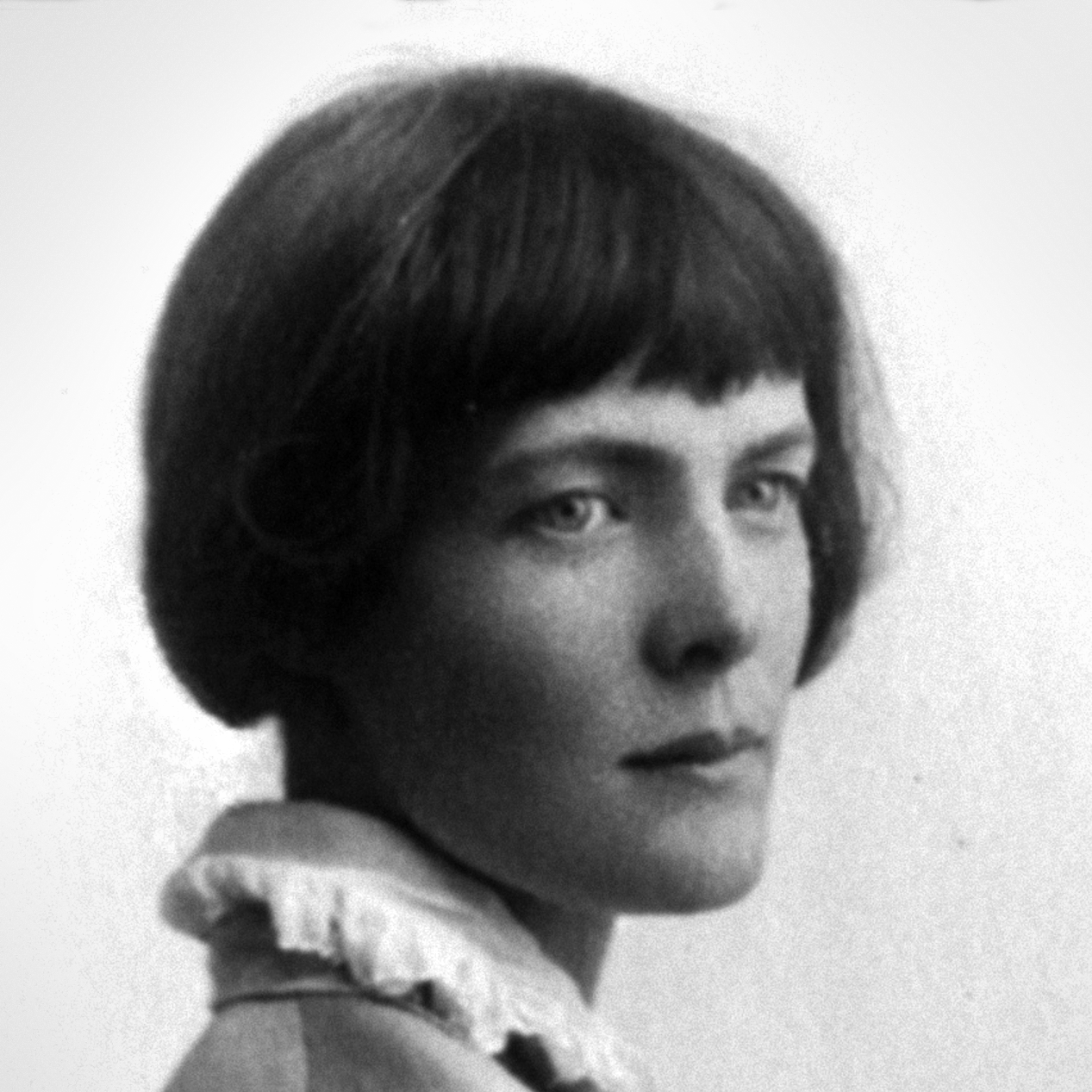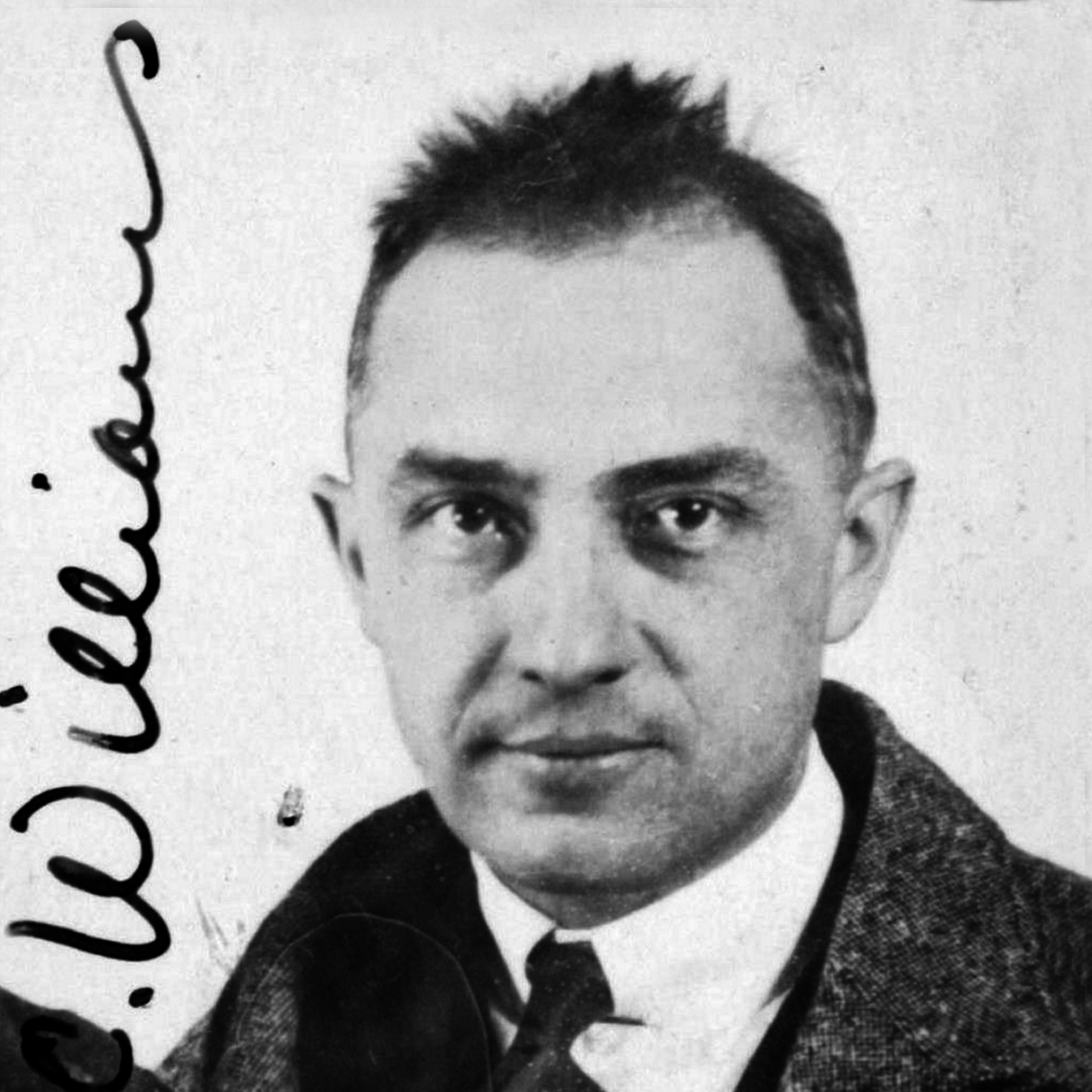There has been a poetic tradition at Penn ever since Benjamin Franklin wrote rhyming couplets for Poor Richard’s Almanack. In honor of National Poetry Month, we take a look back at some of Penn’s most poetic alumni. You can hear all these poets read their work thanks to PennSound, an ongoing project of the Center for Programs in Contemporary Writing.
Ezra Pound, G’1906
Modernist giant Pound entered Penn as a freshman in 1901, but ultimately transferred to Hamilton College in New York. He returned to Penn for graduate studies, earning a master’s degree in Romance languages in 1906. Pound is known for his apocryphal exhortation to “make it new.” Whether or not he said it, he certainly did it. Today, we remember Pound for his multi-part Cantos and his intellectual and artistic investment in Imagism, a type of poetry that treats objects directly and uses no excess words. Nothing is more evocative of a city springtime than his spare, Imagist poem, “In the Station of the Metro.”
Pound’s PennSound archive goes back to 1939.

H.D., CCT’1906
Fellow Imagist Hilda Doolitle took the movement’s spirit to heart and went simply by her initials. H.D. studied at College Courses for Teachers, a predecessor to the College of General Studies, now the College of Liberal and Professional Studies. H.D. embraced a bohemian, expatriate lifestyle, living in New York’s Greenwich Village and then settling in London in 1911. It was in London that Pound christened her “H.D., Imagiste,” and she became known as the style’s most successful practitioner. She continued to write poems, novels, and essays until her death in 1961, but her early Imagist work remains her best known. “Oread” is the poem that started it all: it’s natural, it’s mythical, and it’s pure H.D.
Her PennSound archive is a set of recordings she made in Zurcich in 1955, long after her Imagist days.
William Carlos Williams, M’1906, Hon’52
Another Penn grad, another Imagist poet. Williams earned his medical degree from Penn in 1906 and later received an honorary doctorate. He maintained a medical practice in Rutherford, New Jersey for forty years and still found time to write some of best known poems of the early twentieth century. Like his friends Pound and H.D., Williams was all about directness, declaring “no ideas but in things.” You probably know “This is Just to Say” and “The Red Wheelbarrow,” but what about “The Great Figure?”
Williams’ PennSound archive features him reading poems at colleges, libraries, radio stations, and even at friends’ homes.
C.K. Williams, C’59
This Williams was no Imagist. He was known for long, meandering lines and personal ruminations on war and social justice. In addition to his poetry, Williams was respected as a memoirist, teacher, and a translator—he published translations of Greek, French, and Polish poetry and drama. Williams won a Pulitzer Prize for his 1999 collection Repair, and a National Book Award for 2003’s The Singing. Check out “From My Window” for Williams’ characteristic long lines and unflinching look at modern life.
C.K. Williams’ archive includes his appearance at two Penn events, including a 2001 reading at the Kelly Writers House.

Elizabeth Alexander, Gr’92
Alexander earned her a doctorate in English and has been a professor of poetry, American studies, and African American studies; she’s currently a professor in the English and comparative literature department at Columbia University. Her poetry and scholarly work have always happened alongside one another—she published her first poetry collection, The Venus Hottentot, while in graduate school. She wrote and recited a poem, “Praise Song for the Day,” for President Barack Obama’s 2009 inauguration; her 2015 memoir, The Light of the World, was a finalist for a Pulitzer Prize; and she is a chancellor of the Academy of American Poets. “Ars Poetica #100: I Believe” is Alexander on poetry and the connections it offers.
Alexander appeared at the Kelly Writers House in 2004; check out her archive for that reading, including several poems from her “Ars Poetica” series.
Joshua Bennett C’10
Bennett is at the auspicious start of his poetry career. While at Penn, he was invited to perform at the White House Poetry Jam. He earned his doctorate from Princeton in 2015 and is currently a member of the Society of Fellows at Harvard University. Bennett’s poems appeared in the Beloit Poetry Journal, Blackbird, Callaloo, and New England Review before his collection, The Sobbing School, which was selected by Eugene Gloria in 2015 as a winner of the National Poetry Series. Like Alexander, his point of view is scholarly and historical; like Williams, his poems are scenes of personal experience; and like the Imagists, he pays close attention to the sensory. Read “Owed to Pedagogy” or “Still Life with Toy Gun” and keep your eye out for what Bennett does next.
Bennett visited Penn in October 2016 for a poetry reading of the "The Sobbing School" hosted by the Center for Africana Studies. Watch the video feature and read the extended Q&A in OMNIA here.








